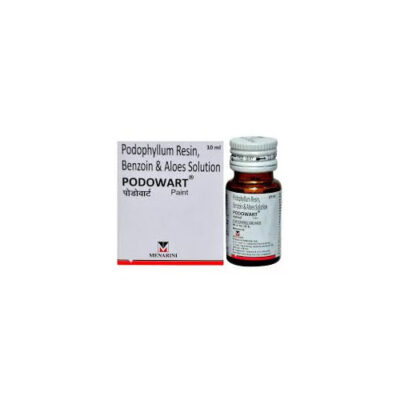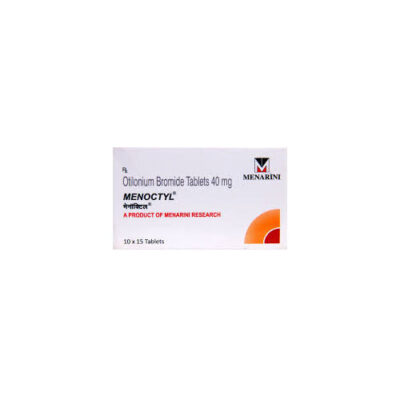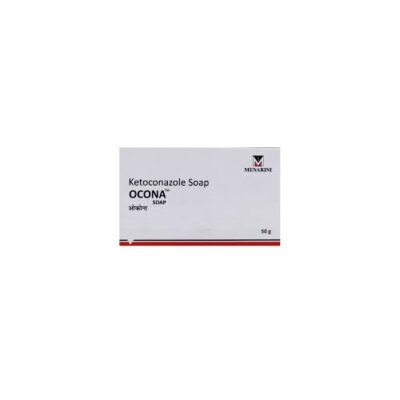Description
What ESLO is used for?
- It is used in the management of hypertension and angina pectoris
- It prevents death due to heart attacks
-
Warning & Precaution
- Talk to your doctor before taking this medicine If you
- are allergic to ESLO
- suffer with heart conduction or rhythm problems, heart failure, blocked blood vessels
- suffer from a tight, painful feeling in the chest in periods of rest (Prinzmetal’s angina)
- are suffering from narrowing of the aortic heart valve (aortic stenosis)
- suffer with unmanageed phaeochromocytoma (high blood pressure due to a tumor near the kidney)
- suffer from increased acidity of the blood (metabolic acidosis)
- have low blood pressure
- have or have had breathing difficulties or asthma including COPD
- suffer with diabetes associated with frequent episodes of low blood sugar (hypoglycaemia)
- have liver or kidney disease or failure
- have difficulties in passing urine
- have low levels of potassium (hypokalaemia) or sodium (hyponatraemia) in your blood
- have high levels of calcium (hypercalcaemia)
- suffer with gout due to high levels of uric acid
- have or have suffered from psoriasis (severe skin rashes)
- have myasthenia gravis
- are going to have an operation or an anaesthetic, please tell your doctor that you are taking ESLO tablets, as your heart beat might slow down too much
-
Interactions
- Do not take ESLO if you are already taking:
- Other antihypertensives as injection especially verapamil, diltiazem or disopyramide.
- Monoamine Oxidase Inhibitors (MAOIs) for depression
- Cimetidine (to manage stomach ulcers)
- Hydralazine, Clonidine or Prazosin (to manage high blood pressure)
- Amiodarone and Propafenone (for irregular heart rhythm)
- Tricyclic or SSRI antidepressants (to manage depression)
- Barbiturates (to manage epilepsy)
- Phenothiazines (for mental illness)
- Anaesthetics such as cyclopropane or trichloroethylene
- Aldesleukin (to manage some cancers, particularly cancer of the kidney)
- Alprostadil (to manage erectile dysfunction)
- Anxiolytics or hypnotics (e.g. temazepam, nitrazepam, diazepam)
- Indometacin or celecoxib (Non-Steroidal Anti-Inflammatory Drugs (NSAIDs))
- Rifampicin (antibiotic) or Terbinafine or Ketoconazole and Itraconazole (antifungal)
- Cocaine
- Corticosteroids (e.g. hydrocortisone, prednisolone)
-
Directions & For Use
-
- Always take this medicine exactly as your doctor has told you
- You should check with your doctor or pharmacist if you are not sure
- Swallow the medicine with a glass of water
High blood pressure
- Initially 100mg metoprolol tartrate daily. The dose may be increased to 200mg daily in single or divided doses
Angina
- 50-100mg metoprolol tartrate two or three times daily
Irregular heartbeats (arrhythmia)
- 50mg metoprolol tartrate two or three times daily. The dose may be increased to 300mg daily in divided doses
Heart attacks
- 50mg metoprolol tartrate every six hours. The usual maintenance dose is 200mg daily in divided doses. The medicine should be taken for at least 3 months
If you take more ESLO
- If you or someone else has taken too much ESLO, contact your nearest hospital casualty department
If you forget to take ESLO
- If you forget to take a dose, take it as soon as you remember, unless it is nearly time for your next dose. Do not take a double dose to make up for a forgotten dose
If you stop taking ESLO
- Do not suddenly stop taking this medicine as this may cause worsening of heart failure and increase the risk of heart attack. Only change the dose or stop the management in consultation with your doctor
Side Effects
ike all medicines, this medicine can cause side effects, although not everybody gets them.
- allergic reaction such as itching, difficulty breathing or swelling of the eyelids, face, lips, throat or tongue
- sudden wheeziness, chest pain, shortness of breath or difficulty in breathing
- severe skin reactions including intense skin rash, hives, reddening of the skin over your whole body, blistering, peeling and swelling of the skin, inflammation of mucous membranes (Stevens johnson syndrome) toxic epidermal necrolysis
- heart attack, abnormal heart beat
- inflamed pancreas which may cause severe abdominal and back pain accompanied with feeling very unwell
More Information
-
- Store at room temperature (15-25°C)
- Protect from light
- Do not take this medicine after the expiry date
- Keep out of the reach of children






Reviews
There are no reviews yet.